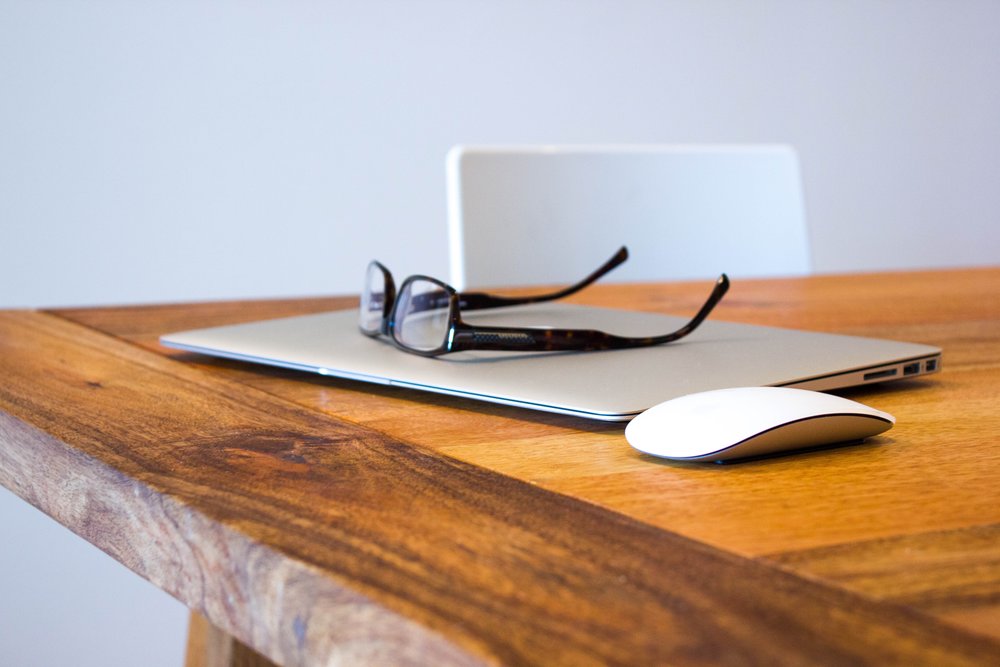Economist Thierry Malleret discusses major shifts now underway – from air pollution to a 24/7 work culture – that will drive the growth of the wellness industry in the near future.
Wellness Architecture: What if your Office was Healthy?
Workplaces that aren’t just health-neutral, but actively improve human well-being, are on the rise. Read the ABC Australia article
Celebrate Global Wellness Day This Saturday
Global Wellness Day, the first day dedicated to living well, will take place this Saturday (June 10) in over 100 countries at 4,000 different locations. A variety of brands and organizations are supporting it with everything from free yoga, cooking, dance and fitness classes, to community runs and walks. Its founder, Belgin Aksoy, was named “Leading Woman in Wellness” by the Global Wellness Summit in 2016 for creating this important global movement.

Must-Reads from the Wellness World (Week of June 6, 2017)
“Saks Taps into Wellness Economy in Immersive, Experiential Concept Shop” – Luxury Daily, May 15, 2017
In a first move for a department store, NYC’s Saks Fifth Avenue has created The Wellery, a “store-within-a-store” devoted to wellness experiences: everything from hundreds of fitness classes, athleisure, skincare products/treatments, meditation, massage, reiki, a gym equipment showroom…even salt rooms. Open through October, it’s a striking indication that wellness has taken hold of luxury retail and that struggling department stores are looking to wellness for revitalization.
Wasteful Paradox: Workplace Wellness Programs and 10+ Hour Workdays
One key difference between the Anglo-Saxon world and Europe: In the former, conservative populist leaders/measures have recently won, while in the latter, they continue to be defeated. Another notable difference is shorter work hours in European nations. Malleret considers why – when shorter work hours lead to happier, more productive employees – companies bother with workplace wellness programs when they demand 10+ hour days.
Constant Digital Connection is Killing Wellbeing
The stats about our constant connection to devices are alarming. We check our phones roughly 50 times a day, while half of us check our phones in the middle of the night. It’s becoming too much for most of us to process, and burnout is mounting. Malleret ponders how difficult finding solutions will be. Will French laws mandating that employers cut the cord on communications after work be emulated elsewhere? Will wellness retreats focused on unplugging become “the new cool”? We need solutions…























































